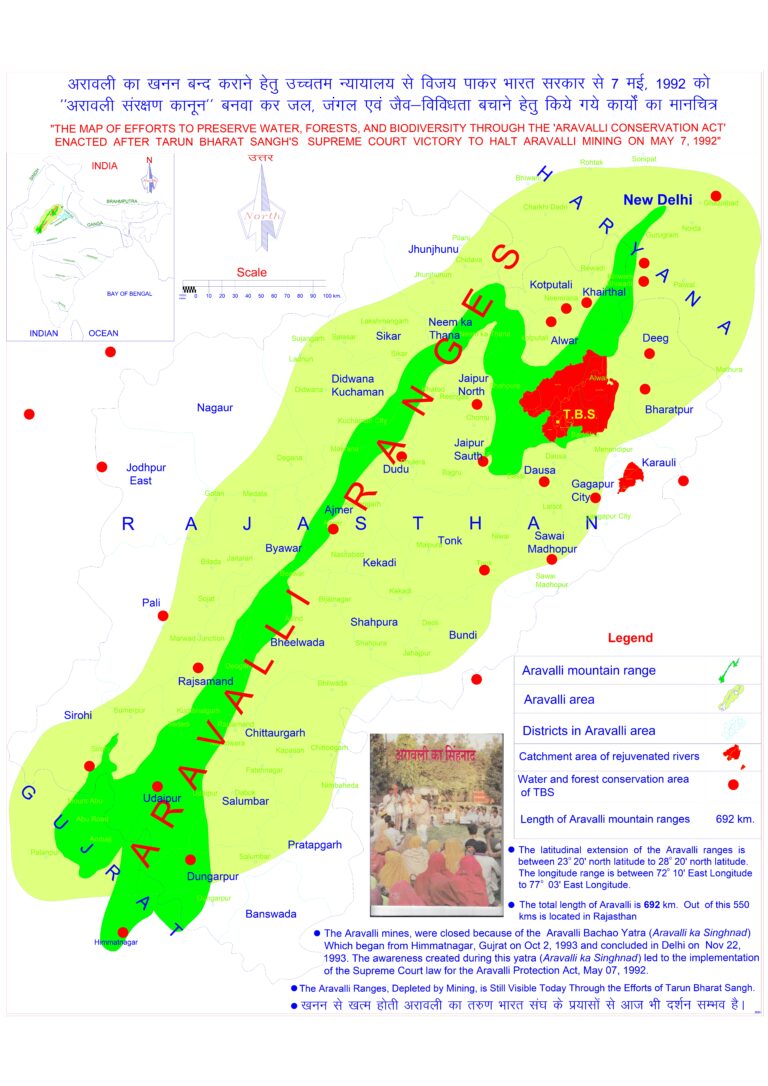
The FSO Safer, moored off Yemen's west coast. Photo credit: UNRCO Yemen.
New York/Washington/Geneva: The United Nations today began a complex maritime salvage operation to transfer 1 million barrels of oil from a decaying tanker, FSO Safer, to a replacement vessel in the Red Sea off the coast of war-torn Yemen.
The FSO Safer has been moored some 4.8 nautical miles southwest of the Ras Issa peninsula on Yemen’s west coast for more than 30 years and is now beyond repair after its maintenance stopped in 2015 due to the eight-year conflict between Yemen’s pro-Government Saudi-led coalition, and Iran-backed Houthi rebels.
The ship-to-ship transfer of oil which started today is the “critical next step” in avoiding an environmental and humanitarian catastrophe on a colossal scale, UN Secretary-General António Guterres stated. He said this was an all-hands-on-deck mission and the culmination of nearly two years of political groundwork, fundraising and project development.
Guterres though said that while the ship-to-ship transfer of oil was an important milestone, “it is far from the end of the journey”. He also tweeted, “We need to keep working to defuse what remains a ticking time bomb and avoid what would be by far the worst oil spill of our era”.
The next critical step would be the arrangement for the delivery of a specialized buoy to which the replacement vessel will be safely and securely tethered. Moreover, about $22 million will be required immediately to finish the project, which includes cleaning and scrapping the FSO Safer and removing any remaining environmental threat to the Red Sea.
Guterres described the operation that is now underway as a story of cooperation, prevention, political mediation, ingenuity and environmental management – “demonstrating once again the indispensable role of the United Nations with our partners”. He stressed that “We need to keep working together over this next critical period to defuse what remains a ticking time bomb and avoid what would be by far the worst oil spill of our era”.
Without action, the vessel could have exploded or broken apart, spilling as much as four times the oil released in the Exxon Valdez disaster that occurred in the Prince William Sound, Alaska, on March 24, 1989, resulting in the spilling of 10.8 million US gallons or 37,000 tonnes of crude oil over the next few days.
The explosion in FSO Safar would have wiped out the fishing communities on Yemen’s Red Coast, hundreds of thousands of jobs would have instantly disappeared, and the whole communities would have been exposed to deadly toxins. The United Nations Development Programme (UNDP) spokesperson Sarah Bel said in Geneva that a spill would like ‘wipe out 200,000 livelihoods instantly” and “fish stock would take twenty-five years to recover.”
Besides, major ports including Hodeidah and Saleef would have been forced to close indefinitely, shipping all the way to the Suez Canal could have been disrupted for weeks, and food, fuel and life-saving supplies for millions would have halted. It would have also devastated water, coral reefs, and sea life would be utterly devastated, and the potential clean-up bill alone could have easily run into the tens of billions of dollars.
“That is why we have been raising the alarm and working to mobilize support to avoid this nightmare,” Guterres said. He assured that the UN has enlisted the “best” in the business: a team of world-leading experts in maritime law, oil spills, salvage operations, marine engineers, naval architects, insurance brokers and underwriters, chemists, surveyors and more.
This operation required relentless political work in a country devastated by eight years of war. It depended on generous financial support. The Secretary-General thanked the many countries, corporate and philanthropic donors as well as ordinary citizens for pledging funds for this critical part of the operation.
Welcoming the UN operation the United States said the oil transfer was a critical step towards averting an economic, environmental, and humanitarian crisis in the Red Sea and beyond. It pointed out that as a leading supporter of UN efforts to address the threat posed by the Safer tanker over the last two years, it provided $10 million for the operation.
As an additional $22 million is needed to complete the operation Washington too, urged the international community – including the private sector – to come together to support this critical project.
– global bihari bureau





